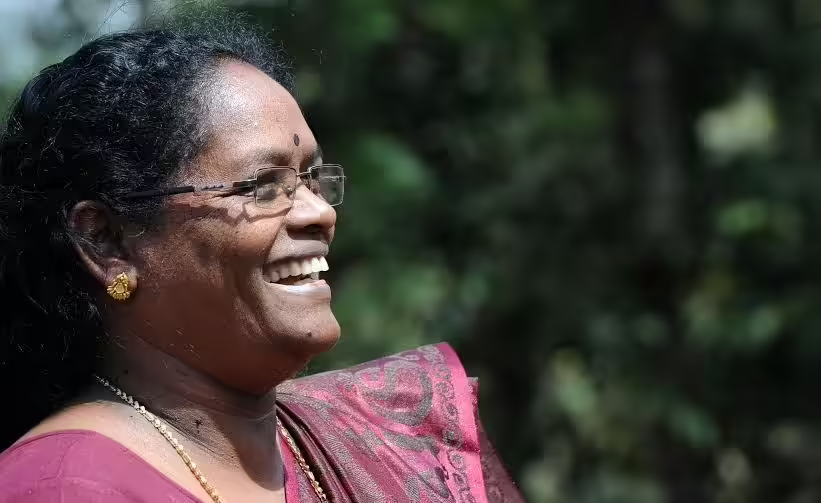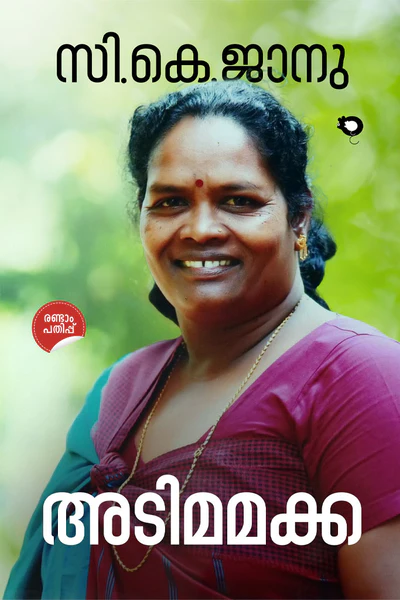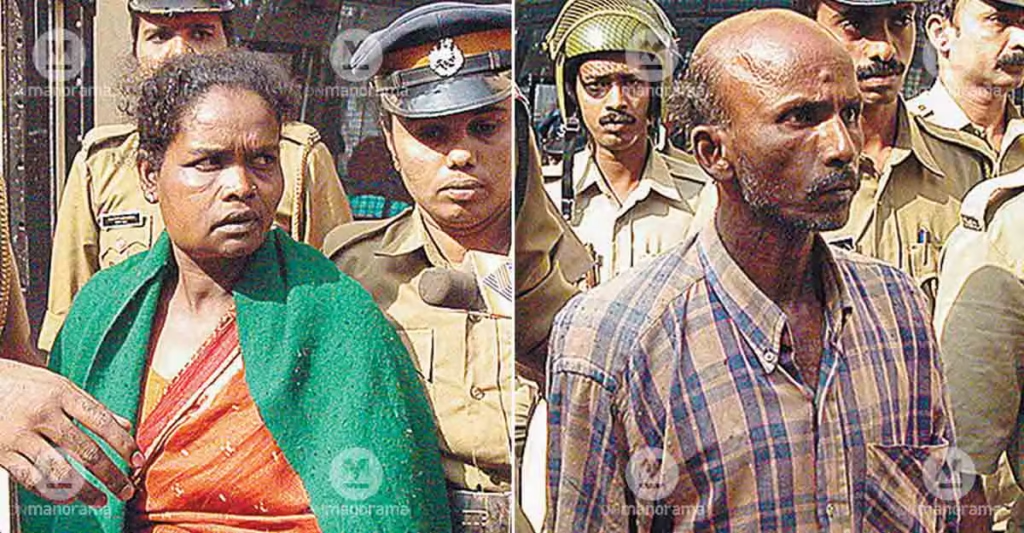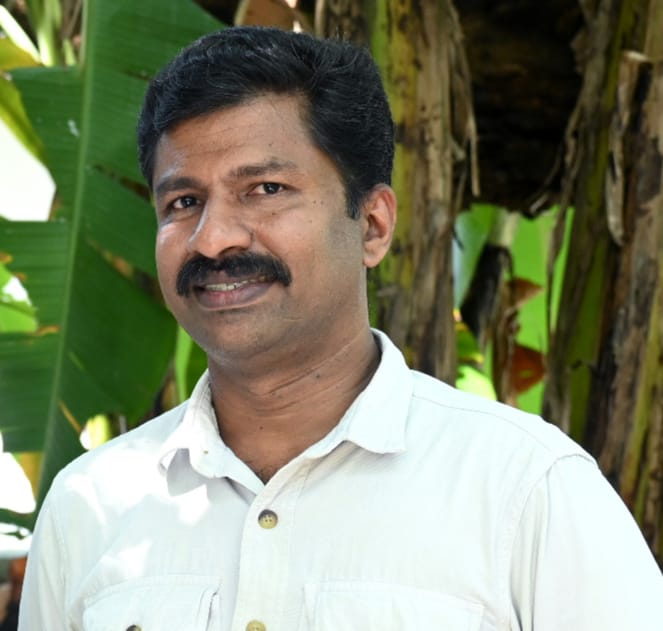
CK Janu: “I was accused of selling adivasis to the sangh parivar”
After leaving the NDA, C. K. Janu, Indian social activist and politician, shared the position of the Janathipatya Rashtreeya Party (JRP) and explained the reasons behind the decision. She highlighted the issues faced by marginalized communities, especially tribals, and reaffirmed her commitment to fight for the rights of backward classes through mass mobilization and strengthening the organization. Janu was also instrumental in organizing the Muthanga land struggle in Wayanad, Kerala, in 2003.
7 Minutes Read
What was the reason for the Janathipatya Rashtreeya Party (JRP) leaving the NDA?
The JRP has been part of the NDA since 2016. Initially, the BJP invited me to join the party. When I firmly stated that I would not accept membership in any political party, they instead asked me to join the front. So, even though I aligned with the NDA, I never received any recognition or consideration from them.
By 2021, we had informally distanced ourselves from the NDA. Later, senior state-level leaders admitted it was wrong to sideline us and assured that our demands would be addressed and that we would receive due recognition. Based on those assurances, we continued with the NDA. However, none of the promises were ever fulfilled. The only outcome was that we were portrayed publicly as aligning with Sangh Parivar politics, which created serious problems for our members.
Therefore, during the party’s executive meeting held in Kozhikode, a unanimous decision was taken to leave the NDA.
Were there any attempts by the NDA or BJP to persuade you when this decision was made?
We took this decision without consulting the NDA. After raising our demands repeatedly in NDA meetings without any results, we felt further discussions were pointless. Since the decision was announced, there have been no attempts from their side to persuade us.
Were there any discussions after Rajiv Chandrasekhar became BJP president?
I was not in Kerala when he assumed the presidency. So far, there have been no discussions.
Do you feel that while working with the NDA for nine years, even though your main demands were ignored, you achieved anything else?
Not at all. As I mentioned earlier, the only thing I gained was the public image of being a supporter of the Sangh Parivar. On a personal level, it was excruciating when many people I knew directly began spreading slander against me. Some even accused me of “selling the tribals to the sangh parivar.”
It is in this context that I decided to write my autobiography. After reading it, many people told me that their misconceptions about me had changed.

What were the main demands your party put forward to the NDA?
We only raised a few demands that the central government had the power to fulfill. Under Article 244 of the Indian Constitution, there is a provision to declare tribal areas as Scheduled Areas. This has not been implemented in Kerala, though all the necessary reports have been submitted. We demanded that it be passed in Parliament and approved by the President.
Another demand was that people from Kerala’s tribal communities should be given representation in various central government boards and institutions for backward classes. We also asked for representation in the Rajya Sabha.
Another major demand concerned the Muthanga case. About 300 tribals are still forced to spend their meagre earnings on legal expenses, and their lives remain in distress. The CBI lawyer himself has reported that there is no point in pursuing the case further. Our demand was that these cases be closed.
Why do you think the NDA and BJP were unwilling to meet even a single demand from your party, despite the opportunity to retain a leader like you?
We cannot say for sure. The NDA has never kept its promises in discussions. Perhaps we were neglected because we are tribals and Dalits, though they would never admit it openly. The truth is that all political parties have historically used backward classes for their own benefit. I believe the same happened here as well.
What was the political situation that prompted you to join the NDA in 2016?
Even after the Muthanga strugglein 2003, I could have continued as the leader of an independent organization. That might have benefited me personally, but it would not have benefited my people. That is why I chose to work through several organizations. Before the Adivasi Gotra Mahasabha, I had formed the Tribal Development Action Committee, and I could have continued with that too. But I realized that such efforts alone were not enough to address the problems our people face.
The political, social, and ecological realities today are very different from those of the 1980s, when I first began the struggle. We, too, must change in response to these shifting realities.
Why has there been no political agenda for Scheduled Castes and Scheduled Tribes in all the years since Kerala was formed? Didn’t every other community manage to create one? The reason is clear: we have never been given political power. Without it, nothing will change. Shouldn’t we begin there?
What other option did we have? Neither the Congress nor the Left parties delivered justice to us. So I had to explore whether there was any possibility of support from the NDA. And besides, can we survive only by protesting endlessly? Personally, I would be the happiest if our protests could end a day sooner. I would love to sit back and relax, but I cannot, because the struggles remain unresolved.
What will be the main functions of the Janathipatya Rashtreeya Party that you lead?
Our foremost goal is to ensure that marginalized people can live in society with dignity. Many still have no land or farmland and remain dependent on those who own it. This condition of living as refugees and bonded laborers must end. As a society, we deserve better. If any political movement had truly delivered justice, we would not have needed to form a new party. Our intention is not to plunder resources or sustain exploitation.

Will the activities of the Adivasi Gotra Mahasabha continue?
Yes. Only tribals are part of it, and none of them have rejected me for joining the NDA. The only exception was its coordinator, Geethanandan, who distanced himself when I joined. I remain the president of the Adivasi Gotra Mahasabha.
Has the Janathipatya Rashtreeya Party received official recognition from the Election Commission?
All the necessary steps have been completed. We are now awaiting formal approval.
What will be the future activities of the Janathipatya Rashtreeya Party?
We have decided to strengthen the party. In the upcoming three-tier Panchayat elections, we will field candidates in the most suitable constituencies. Our aim is to build the party alongside community organizations and develop it into a platform for all marginalized sections, including tribal and Dalit communities. These matters will be discussed in detail at the party’s executive committee meeting on the 21st of this month. We are also exploring how to involve the wider public in the party’s activities.
Will there be efforts to bring together different communities?
Yes. After leaving the NDA, leaders from various community groups have approached me. They are exploring ways for us to move forward together. Many are ready to cooperate with the party and participate in discussions.
What are the main challenges to that?
Many political parties have already brought community organizations under their control. When we formed the Adivasi Gotra Mahasabha in 2001, political parties responded by creating their own Adivasi organizations. They kept people confined within caste-based groups to serve party interests. In this way, backward classes were systematically divided. Even the Communist Party, which speaks only of class theory, created a caste-based organization in the name of Adivasis. Our key mission is to unite backward classes who have been fragmented into numerous strata.
Do you plan to hold political discussions with the UDF or LDF?
We do not intend to initiate discussions with them at this stage. However, if any front approaches us, we are open to dialogue. Final decisions will be taken only after thorough deliberations within the party.
Do you now feel that the decision to join the NDA was a mistake?
I have never taken decisions for personal gain. I have the means to live my life comfortably, but I cannot resolve my community’s struggles alone. That is why I joined the NDA. I did so knowing I would face criticism, but I hoped it could benefit some families. That calculation turned out to be wrong.
Still, the fact that through my struggles and activities, people have developed a sense of their rights and that some families now live with dignity gives me strength and inspiration. I see that attempt with NDA as a failed political effort, but not as a personal mistake. When I realized it was not working, I abandoned it. There will be more such efforts in the future, and I consider that part of the struggle.
